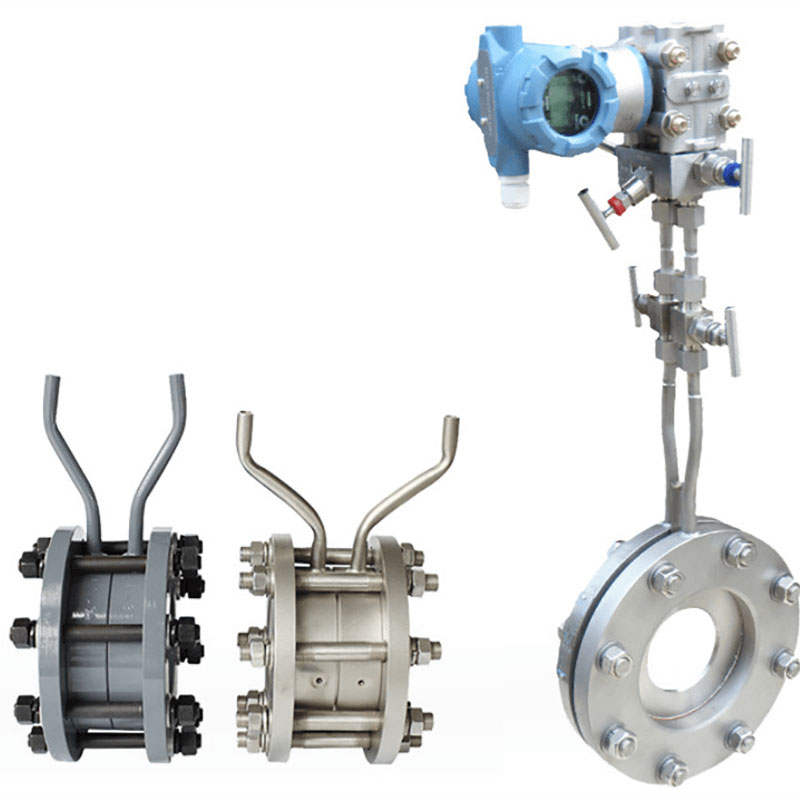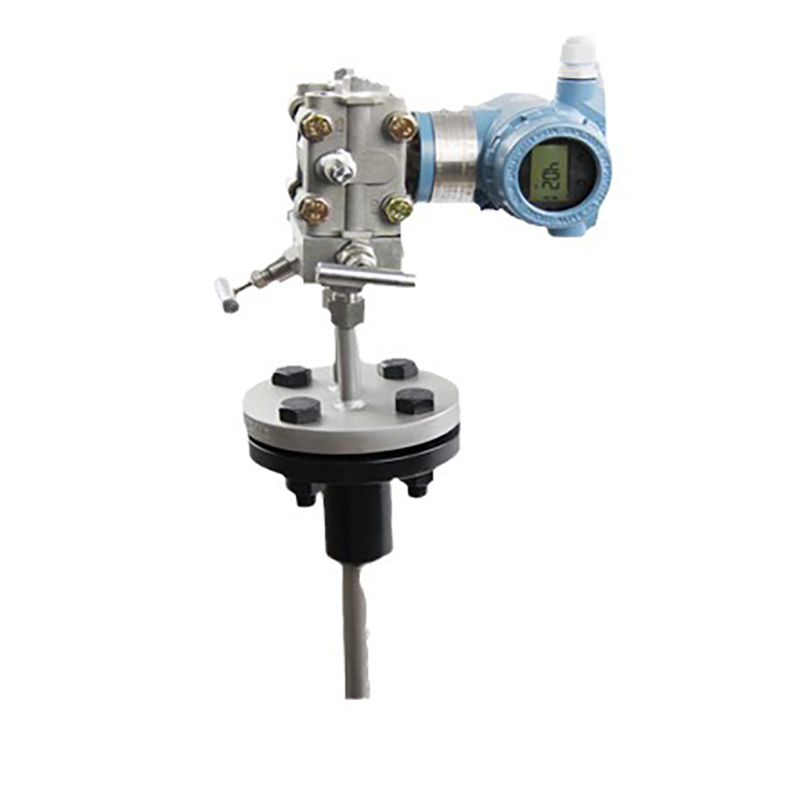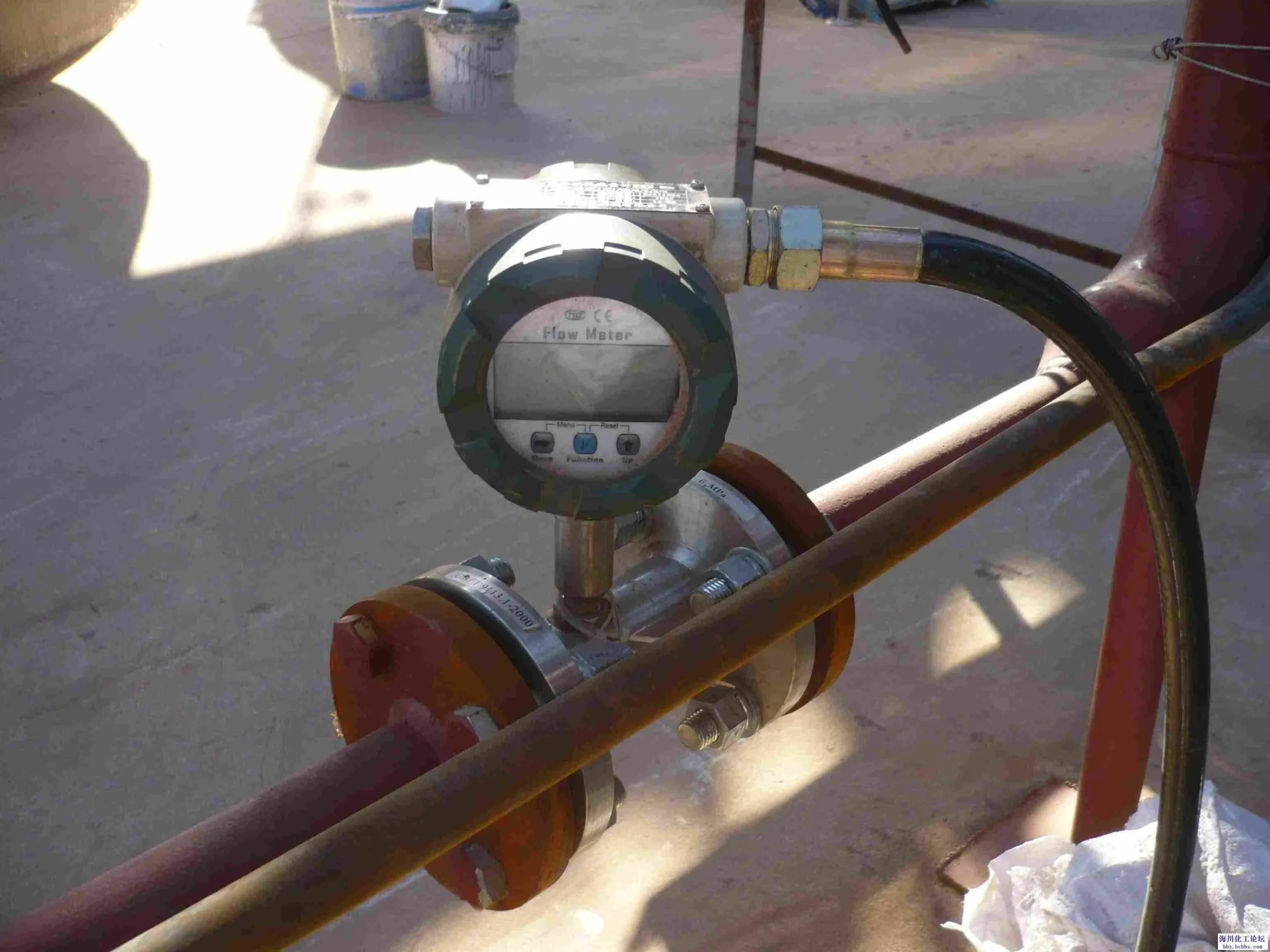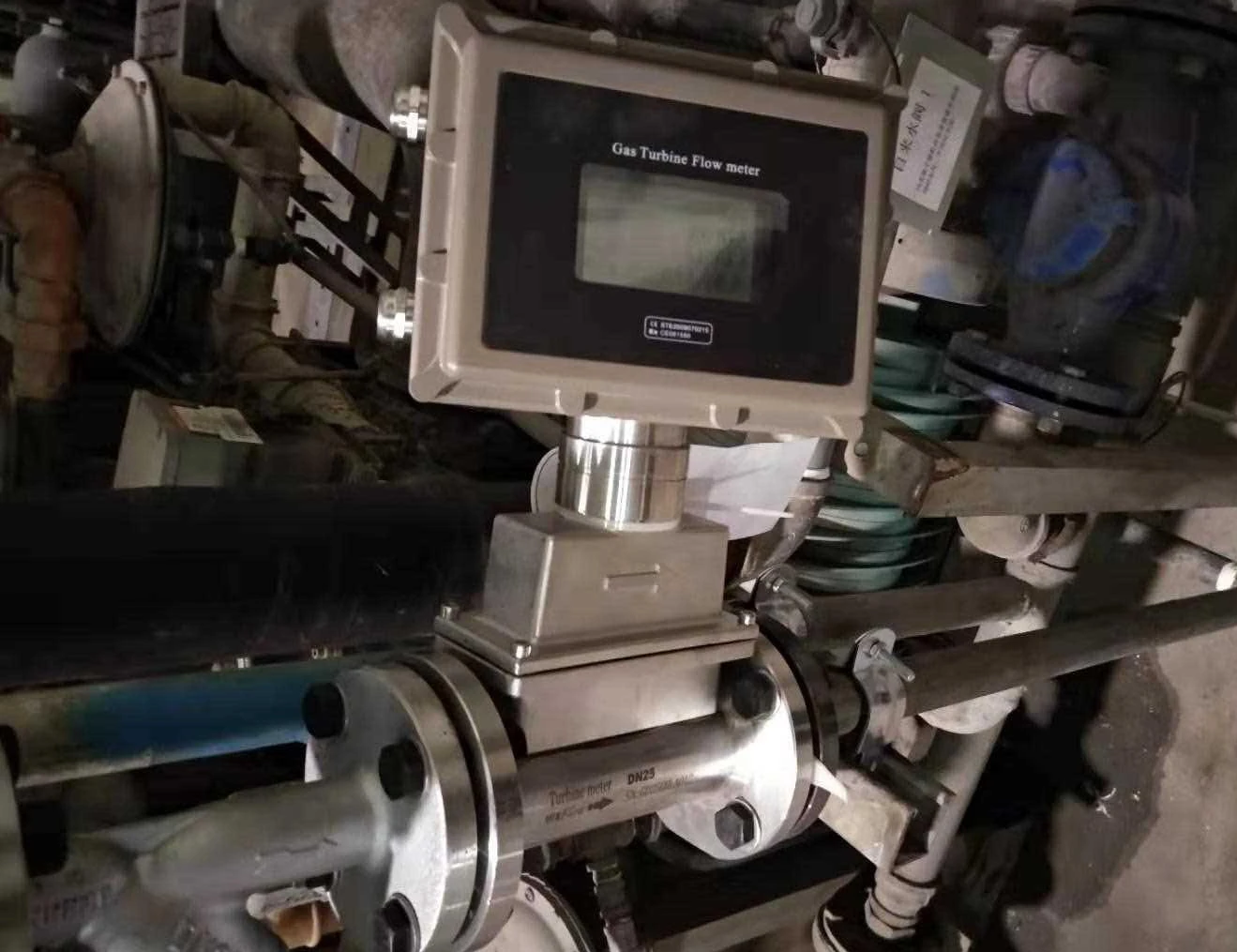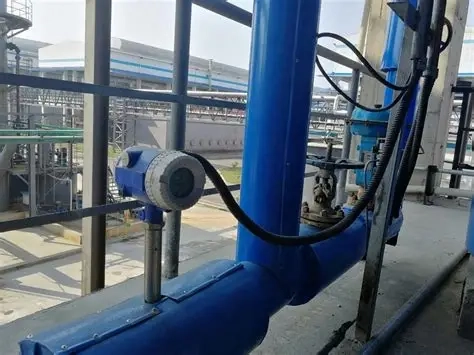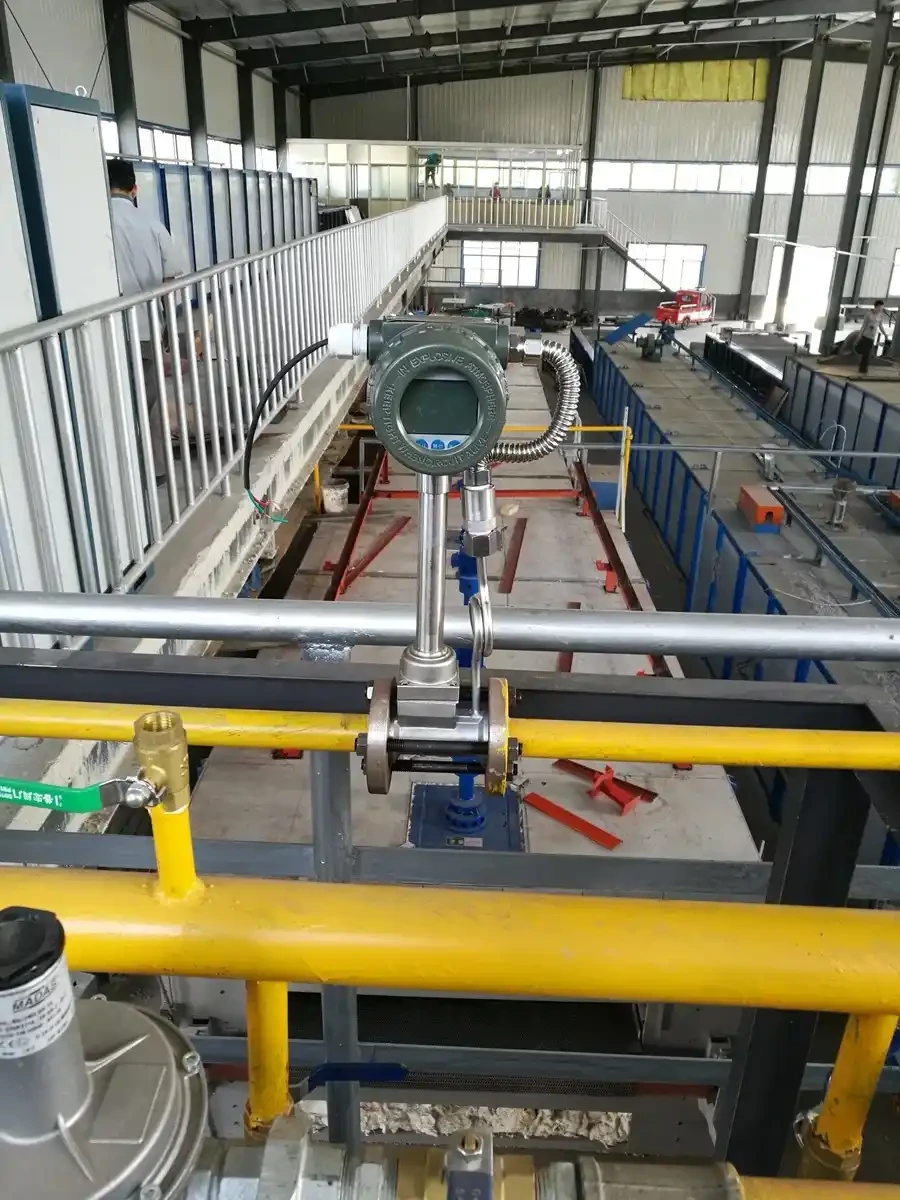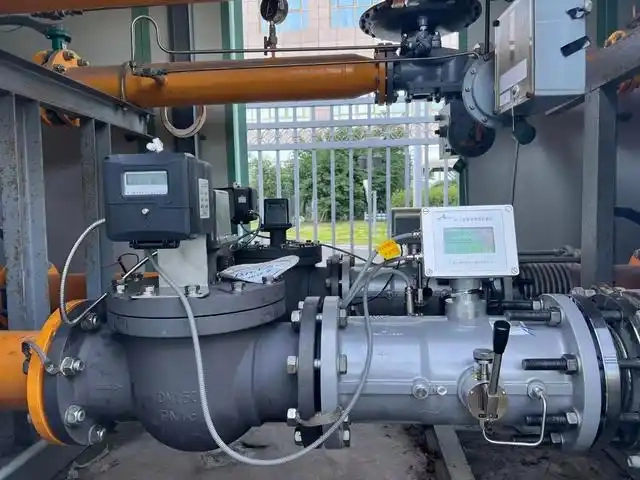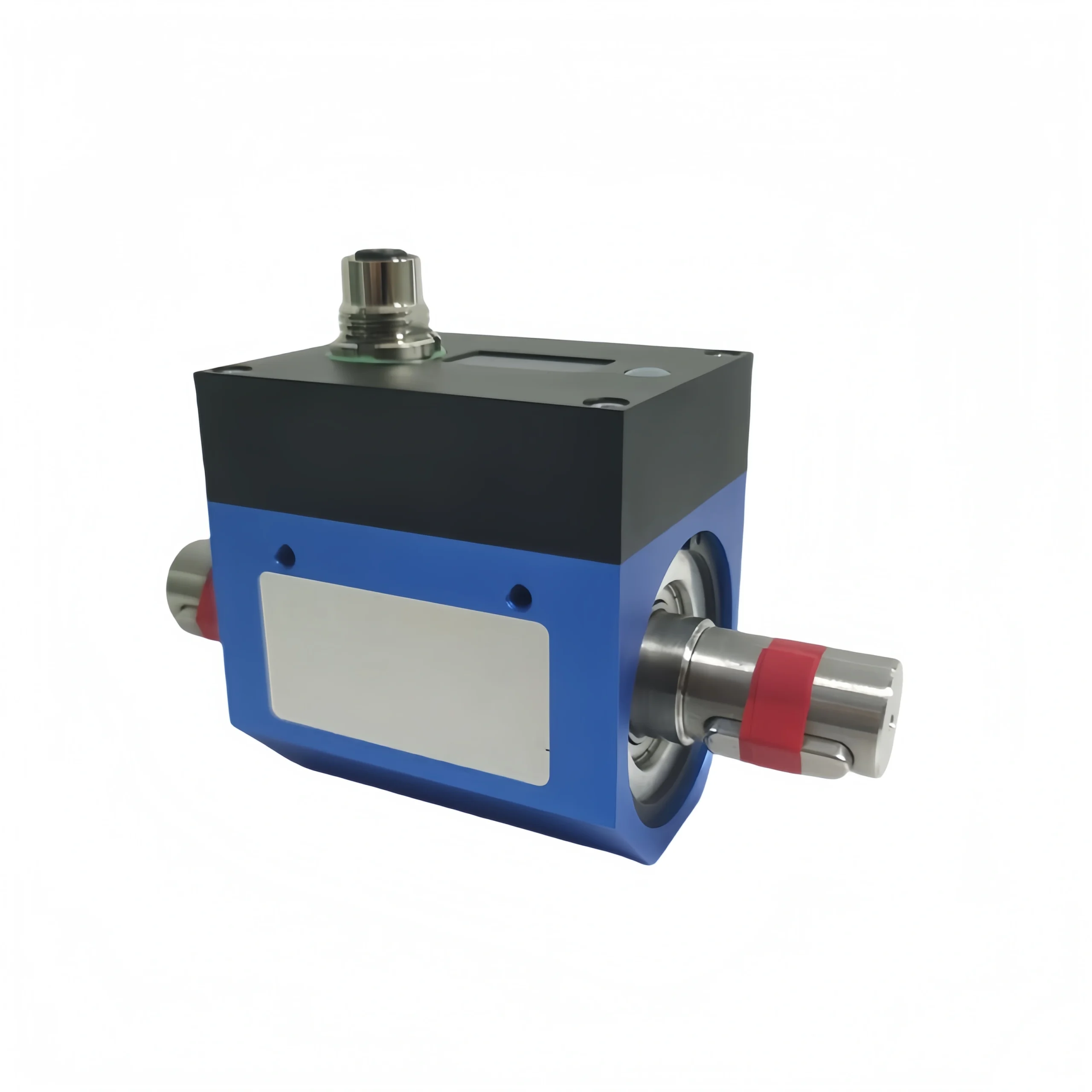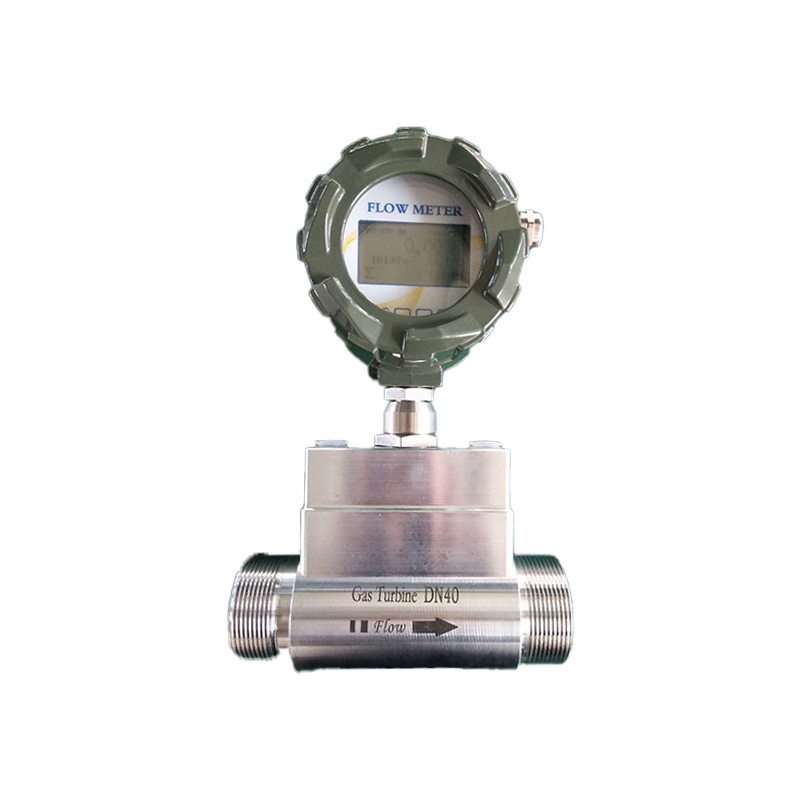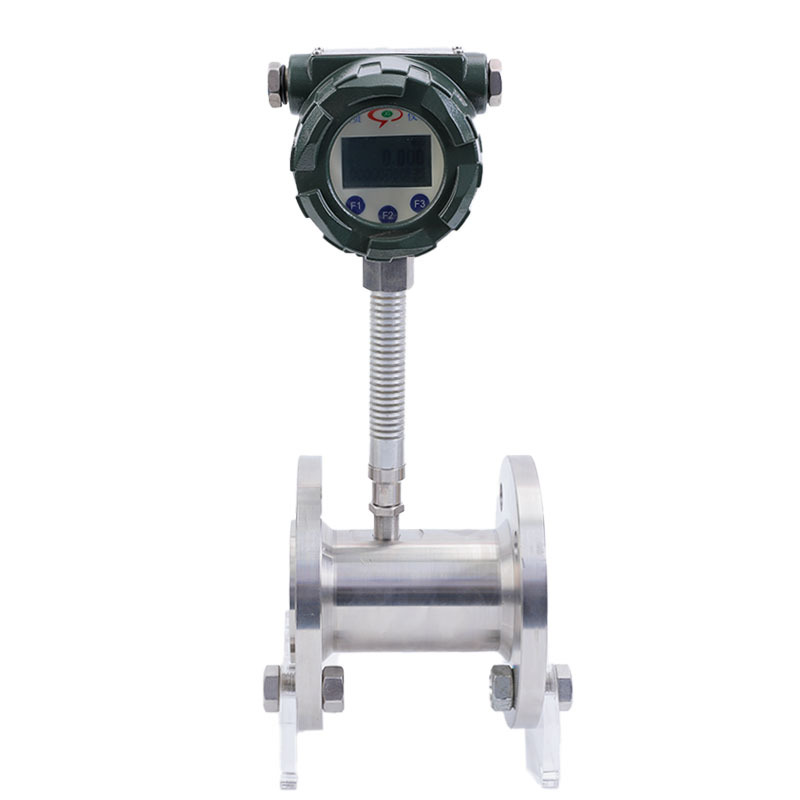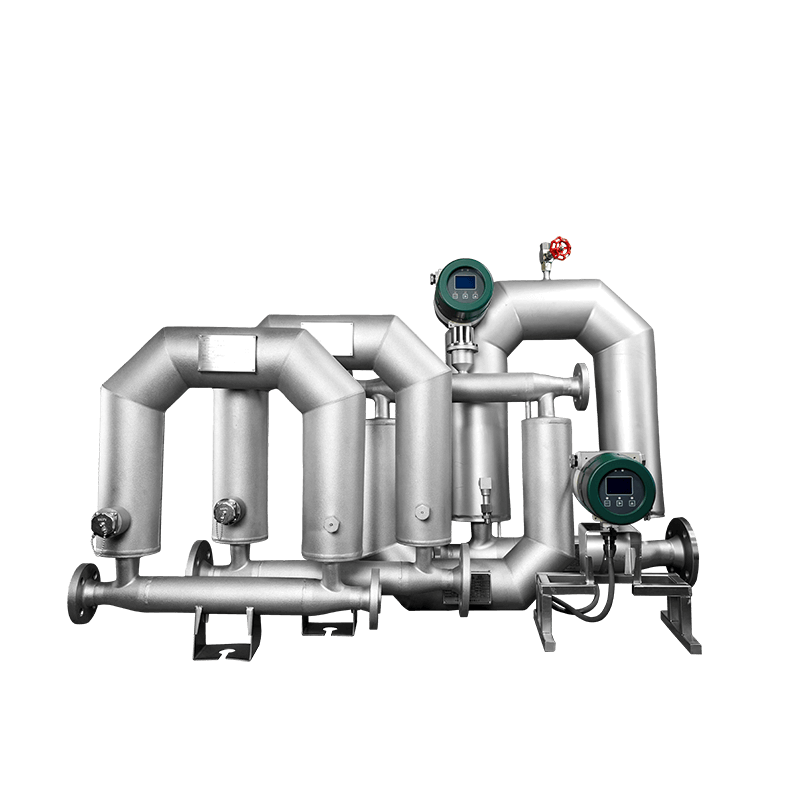A Variable area flow meter is primarily used to measure the flow of gases and liquids. They measure volumetric flow. Under special circumstances, they can also measure mass flow. They are often the preferred solution for many industrial applications.
In this article, we will provide a detailed introduction to variable area flow meters, hoping to give you a deeper understanding.
What is a Variable Area Flow Meter?
A variable area flow meter uses the principle of variable area in a fluid to measure flow. It is abbreviated as VA and is also known as a rotameter. Due to its simple mechanical structure, it requires no electrical power. So it is extremely cost-effective. It can be categorized as either glass rotameters or metal rotameters.
Read More about: An Overview of Turbine Flow Meters.
Advantages:
- Suitable for flow measurement of large-diameter, low-velocity media;
- Low requirements for upstream and downstream straight pipe sections;
- Instantaneous flow indicator, dual-line LCD for instantaneous flow and accumulated totals (optional);
- Suitable for high-temperature, high-pressure, and highly corrosive media;
- Usable in flammable and explosive environments;
- Equipped with data backup and power-off protection (LCD);
- Reliable operation, low maintenance, and long life;
- Multi-parameter calibration, keypad-set alarm (alarm model);
- Optional external power supply or internal 3.6V lithium battery;
- Low requirements for upstream and downstream straight pipe sections;
- Can be installed vertically or horizontally;
- High accuracy;
- Customizable;
- 10:1 range ratio, wide measurement range.
Disadvantages:
- Significantly affected by changes in fluid viscosity and density. Viscosity correction is required when the medium viscosity exceeds 5 mPa·s;
- In high-vibration environments, such as near ships and vibrating screens, the rotor is prone to resonance, resulting in measurement errors.
- Sensitive to different fluid types and changes in temperature and pressure.

Variable Area Flow Meter Structure
A variable area flow meter consists of three parts:
Conical measuring tube:
Usually made of transparent glass or metal. The cone angle is designed to be 5° to 20°. It ensures a linear relationship between flow rate and rotor height.
Float:
Float materials include stainless steel, aluminum, titanium alloy, and engineering plastics. Shapes include discs, spheres, or cylinders. High-precision models utilize low-density materials to reduce inertia. Some special designs feature slotted rotor edges, which utilize fluid reverse thrust to achieve self-rotation and prevent eccentricity and seizure.
Indicator System:
Traditional mechanical models transmit rotor displacement to an external pointer through magnetic coupling. Modern intelligent models integrate a microprocessor (MCU). It also supports 4-20mA current output, RS-485 communication, and HART protocol. It can also remotely monitor and self-diagnose. The indicator system can be configured to meet your specific needs.

Variable Area Flow Meter Working Principle:
A rotameter consists of a gradually expanding conical tube and a rotor within it. When fluid flows through the annular orifice between the conical tube and the rotor, the throttling effect creates a pressure differential above and below the rotor. It causes the float to move upward until the upward force exerted by this pressure differential balances the rotor’s weight within the fluid.
As the flow rate increases, this pressure differential increases. When it exceeds the rotor’s weight, the rotor rises, the annular orifice expands, the throttling effect decreases, and the pressure differential decreases. When the pressure differential equals the rotor’s weight within the fluid, the rotor stops moving upward. Similarly, as the flow rate decreases, the rotor descends.
Thus, we can derive the calculation formula: W = D + B.
W and B represent gravity and buoyancy, which are constants. D represents the Drag Force.
Thus, the flow rate can be measured by the height of the float’s equilibrium position. For a rotameter, the rotor displacement is converted into an air pressure or current signal.

Variable Area Flow Meter Applications
Generally speaking, variable area flow meters are suitable for various environments. Our variable area flow meters can be used to measure the flow of gas and liquid. The following industries can be referenced:
Variable area flow meters can measure the flow of various gases. For example, in compressed air applications, metal rotameters can accurately measure and control compressed air flow. It is crucial for pneumatic control systems in many industrial processes. In the chemical, metallurgical, and power industries, variable area flow meters can also be used for real-time monitoring and control of many gas flows.
In the water treatment industry, they are used to measure the flow of various sewage and wastewater, such as in water processing. In the pharmaceutical industry, rotameters are used to measure the flow of many liquids and gases. In food and beverage processing, they can measure the flow of beverages, dairy products, meat, and other products to meet hygiene and safety requirements. In environmental protection, they are used to monitor the discharge flow of various pollutants. Whether it is gas or liquid, high-temperature, high-pressure, or corrosive media can be measured.
All in all, rotameters have a unique operating principle and wide applicability. So they play an important role in multiple industrial fields.

Why Choose a Variable Area Flow Meter?
A variable area flow meter is a mechanical flow meter that does not require power to measure flow. Because of its mechanical structure, it offers an extremely high cost-effectiveness. Furthermore, it has no wearable parts, a long service life, and simple maintenance. It can operate in high-temperature and high-pressure environments. By choosing a metal tube rotameter, you can meet flow measurement needs in these conditions.
Metal rotameters can also provide accurate measurement for high-viscosity fluids. When measuring fluids containing impurities, a filter can be installed upstream of the rotameter to protect the flow meter. Accurate measurement results can also be obtained in this situation.
Sino-Inst Featured Flow Meter
How to Choose a Metal Rotameter?
Sino-Inst offers a variety of metal rotameter types, including explosion-proof, corrosion-resistant, high-temperature and high-pressure resistant, jacketed, local indicating, and remote transmission models. Choosing the right metal rotameter requires consideration of several factors, as detailed below.
Metal rotameters utilize an all-metal construction. They can withstand higher temperatures and pressures than glass rotameters. They are suitable for measuring small-diameter, low-flow, low-volume, high-temperature, and high-pressure media.
1. When selecting a remote metal tube rotameter, choose one that meets the on-site explosion-proof requirements.
2. In locations where the measured medium is extremely hot or cold, the sensor portion of the metal rotameter should generally be insulated or heat-insulated. To ensure the flow meter can withstand high ambient temperatures, a high-temperature indicator should be selected.
3. For media that require heat preservation or cooling, a jacketed metal rotameter should be selected. The heating or cooling ports of the metal rotameter should utilize flanges or threaded connections.
4. For metal rotameters with unstable inlet pressure, especially those used for gas measurement, a damping mechanism should be used to ensure measurement accuracy and service life.
5. For media requiring higher pressure ratings, select a rotameter with a high-pressure-resistant structure.

How to read a variable area flow meter?
Variable area flow meters use a direct reading method. The position of the float indicates the flow rate.
Another method is electronic reading. A variable area flow meter is connected to a secondary instrument. The flow meter transmits the flow rate value to the secondary instrument, which then processes the data and directly outputs the data.
Is a rotameter a variable area flow meter?
A rotameter is a device that measures the position of a rotating component within a direct current pipe to estimate flow rate. It is a type of variable area flow meter. Generally speaking, rotameters and variable area flow meters are the same.
Why is a rotameter called a variable area flow meter?
The operating principle of the metal rotor is derived from the variable area flow principle. Therefore, rotameters are also called variable area flow meters.
In short, variable area flow meters are commonly used in industrial measurement. Sino-Inst is a Chinese supplier of variable area flow meters. Our products support customization. Our professional engineers can customize a solution based on your specific conditions free of charge. Please feel free to contact us. Our technicians are available 24/7 to provide technical support.




